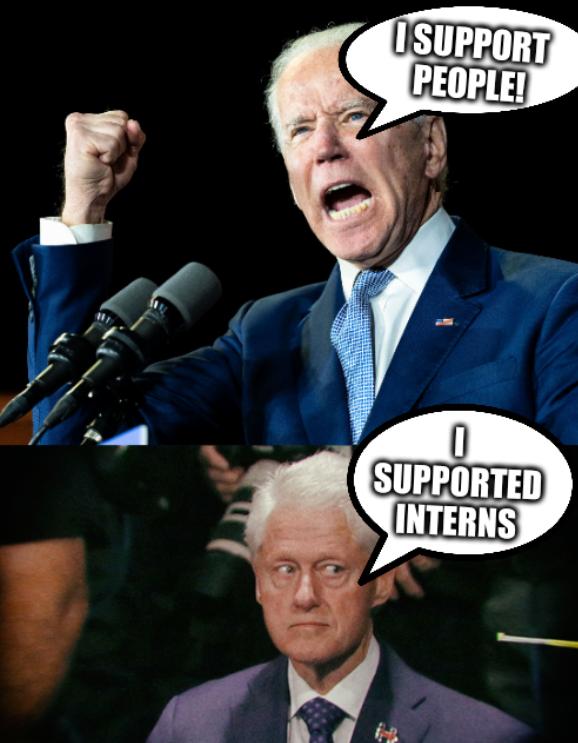Video download link
Summary: "Communities" that are controlled by corporations (e.g. IBM's Fedora) or something like the Raspberry Pi Foundation (likely with some back room deal signed by Microsoft) aren't worth the trust they claim to be deserving of; it's a simple fact of life that grassroots communities are smaller and are constantly subjected to ridicule and/or subversion attempts
TODAY we reposted a couple of articles about the FSFE (albeit the latter was less about the FSFE or generalised to describe a broader trend). Those are worth a read for their accuracy and sincerity.
"In the context of politics, many politicians have long sought to portray themselves as representatives of "the people", even if all (or most) of their sponsors were corporations or oligarchs associated with those corporations."We can very much relate to many of Daniel Pocock's writings, which are based on decades of observation and inside(r) knowledge. A lot of corporations have long masked themselves as "communities", in effect farming volunteer efforts while offering volunteers almost nothing in return.
Mozilla, which calls itself both a "Foundation" and a "Corporation", is a good example of it. The Linux Foundation is another as it no longer even pretends to have something to do with a community (we published an article about it earlier today).
Communities have become rare, but they still exist (Gentoo for instance). I think it's fair to also call us, Techrights, a community.
In the context of politics, many politicians have long sought to portray themselves as representatives of "the people", even if all (or most) of their sponsors were corporations or oligarchs associated with those corporations.

The video at the top talks about fake "communities" in the context of Raspberry Pi as well, taking note of Canonical's ambitions with Microsoft, piggybacking the hard work of Debian to push Microsoft's proprietary software binaries and even Vista 10 (WSL).
Taking note and merely
calling out the rogue elements isn't being "toxic" or "offensive" or whatever they nowadays call it (Raspberry Pi went along with "Microsoft bashing", which is an insulting way of framing people who condemn
actual abusers). We need to be honest with ourselves and better understand how the Free software world works. Without proper understanding, many people will be led or fed into fake communities that 'farm' their time/effort (bug reports, gardening etc.) for financial gain of greedy corporations. Such as Mozilla's CEO, who makes millions of dollars every year while Firefox usage actually nodedives and many engineers get laid off.
Bill Gates said in 1995 (same year Windows 95 was released):
"There are no significant bugs in our released software that any significant number of users want fixed."
Remember that Windows 95 was shipped with bugs so severe that given someone's IP address (could be inspected for or obtained in a variety of ways, such as instant messaging) that someone could be remotely "nuked" (winnuke) by
anybody with an Internet connection.
Microsoft spent a fortune painting the release of Windows 95 as some sort of epic accomplishment for humankind. How foolish were those people who queued up to receive a copy. As the
Bill Gates deposition shows, Microsoft had already committed many crimes to get where it was at the time. Funny how the Raspberry Pi moderators speak of "Microsoft bashing" when actual customers bemoan having Microsoft spyware covertly shoehorned into their private systems.
⬆

